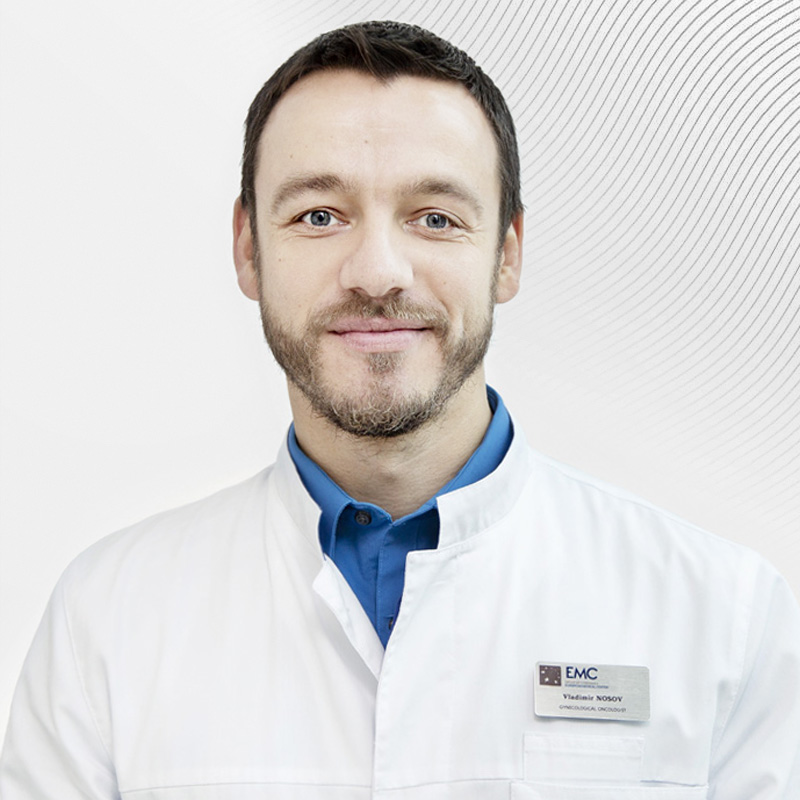
Preparation and management of pregnancy in patients with habitual miscarriage
Chronic or habitual miscarriage is the presence of a woman's history of three or more miscarriages that occurred before 22 weeks.

Primary and secondary miscarriage are distinguished.In primary pregnancy, spontaneous miscarriage occurs in the early stages. In case of secondary ectopic pregnancy or spontaneous labor is possible.
After the first case of miscarriage, the risk of repeated loss of the child increases. After 3 unsuccessful attempts, the probability of termination of pregnancy exceeds 50%.
The main causes of chronic miscarriage are:
- Genetic disorders
- Endocrine disorders
- Features of anatomy
- Immunological factors
- Sexual infections
- Thrombophilic conditions (thrombosis, thromboembolism).
The specialists of the EMC Women's Health Center provide a full range of medical care to women diagnosed with habitual miscarriage. Carrying out pre-pregnancy preparation (detailed pregnancy planning), the use of modern international diagnostic and treatment protocols allows us to significantly reduce the likelihood of miscarriage in patients with habitual miscarriage.
Examination of patients with habitual miscarriage
The choice of tactics for solving the problem depends on the cause of miscarriage. Therefore, it is very important to conduct a comprehensive examination and identify the exact cause.
Diagnostics may include:
- A thorough history collection. The doctor finds out the patient's hereditary history - whether there were similar problems in the family (miscarriages, developmental abnormalities, stillbirths), learns information about past illnesses, including chronic ones (even such seemingly harmless diseases as rhinosinusitis, tonsillitis, etc.), about chronic infections, analyzes the menstrual cycle. Already at the stage of collecting an anamnesis, the doctor may suspect the cause of the usual miscarriage.
- Gynecological examination with instrumental examination.
- Genetic studies: karyotype, mutations of genes of the hemostasis system, etc. Both spouses must take the exam.
- Laboratory tests. Hormonal profile (measurement of basal temperature, testosterone, progesterone, HCG, 17-OP, etc.), bacteriological examination of the cervix, immunological testing, tests for infection group, autoimmune disorders (hemostasis, thromboelastogram), etc. For men, a spermogram is mandatory.
- Ultrasound examination.
- Hysterosalpingography.
- Hysteroscopy.
- Laparoscopy.
- MRI scan.
According to the results of the examination, the obstetrician-gynecologist excludes or confirms immune disorders, due to which the mother's body may perceive the embryo as a foreign body and reject it, diabetes mellitus, endocrine disorders, difficulties with the functioning of the kidneys, heart, circulatory and other systems. If any diseases are identified in which it is possible to treat patients, therapy is performed. If it is impossible to correct the pathological condition, for example, in the presence of a gene mutation, the only way to prevent habitual miscarriage is IVF with PGD.
Pregnancy management with habitual miscarriage
Pregnancy with habitual miscarriage requires systematic monitoring. According to the indications, drug therapy may be prescribed. If immunocytotherapy was previously performed in the first trimester (up to 12 weeks), as a rule, two more repeat courses are carried out.
In addition, genetic screening and blood tests for PAPP-A and HCG levels are mandatory in the first trimester. Women with gestation problems often have deviations in the results of screening tests due to hormonal dysfunction, therapy, or a number of other factors. Your obstetrician-gynecologist will explain everything in detail and, if necessary, prescribe a follow-up examination.
Systematic monitoring of the condition of the cervix is of particular importance. This is due to the fact that the incidence of cervical insufficiency in expectant mothers with chronic miscarriage is significantly higher than in pregnant women with an unencumbered medical history. With progressive ICN, surgical treatment is performed (several stitches are applied to the neck, which are removed at 36-37 weeks)
.
In the second trimester, smears for microflora are monitored, backfitting from the cervical canal is performed, and PCR analysis of the vaginal discharge is performed according to indications. Ultrasound screening is performed at 19-20 weeks, then at 25, 30 and 34 weeks. From the 28th week, monthly and according to indications, fetoplacental blood flow dopplerometry is performed. From the 32nd week, cardiotocography (CGT) and a urine protein level test are performed weekly.
Advantages of contacting the EMC
- Our specialists are obstetrician-gynecologists who have trained in the best hospitals in Europe, the USA and Israel.
- The work experience of our specialists is 15-40 years. Each of them received 15-20 thousand births.
- We carry out pregnancy and deliver babies of any complexity (we practice EP with a scar on the uterus, EP with pelvic presentation, etc.)
- All conditions have been created in the maternity hospital for the safety of mother and baby: intensive care for adults and toddlers, neonatal pathology department, neonatology department.
- Our specialists are always in touch with patients. You can even ask your questions remotely, and we will answer them.
Get help
Specify your contacts and we will contact you to clarify the details.
Doctors

Vladimir Nosov
Ph.D. of Medical Sciences
-
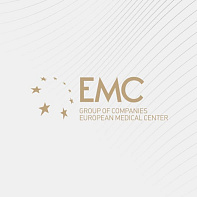
Ron Schonman
Doctor of Medicine
-
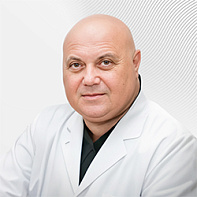
Boris Sakhnovich
Doctor of Medicine
-

Dmitriy Subbotin
Ph.D. of Medical Sciences
-

Nenahov Filipp
Doctor of the highest category
-
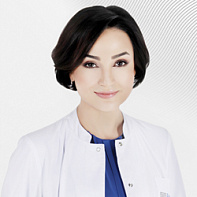
Saakyan Gayane
Doctor of the first category
-
.jpg)
Shpachenko Viktoria
-
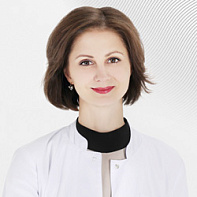
Borovkova Ekaterina
Doctor of the highest category, Professor, Doctor of Medicine
-
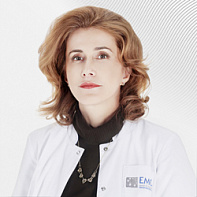
Madan Korneliya
-
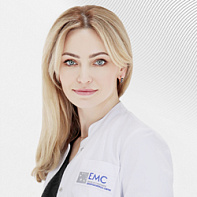
Kovaleva Larisa
Specialist in Gynecological Endocrinology, Ph.D. of Medical Sciences
-
.jpg)
Loginova Olga
Ph.D. of Medical Sciences
-

Charkhifalakyan Arevik
Head of the Gynecology and Oncogynecology Clinic, Ph.D. of Medical Sciences
-
.jpg)
Panfilova Olga
Leading specialist in prenatal fetal diagnosis, Ph.D. of Medical Sciences
-

Maximova Yuliya
Head of the Center for Aesthetic and Reconstructive Gynecology, Ph.D. of Medical Sciences
-
Vladimir Nosov
Ph.D. of Medical Sciences
- An expert oncogynecologist is a surgeon with more than 26 years of experience, including experience working in leading hospitals in the USA
- A leading Russian specialist in the field of robotic surgery in oncogynecology
- Graduated from the Moscow Medical Academy named after I.M. Sechenov
- Graduated from the Moscow Medical Academy named...
Total experience
27 years
Experience in EMC
since 2012
